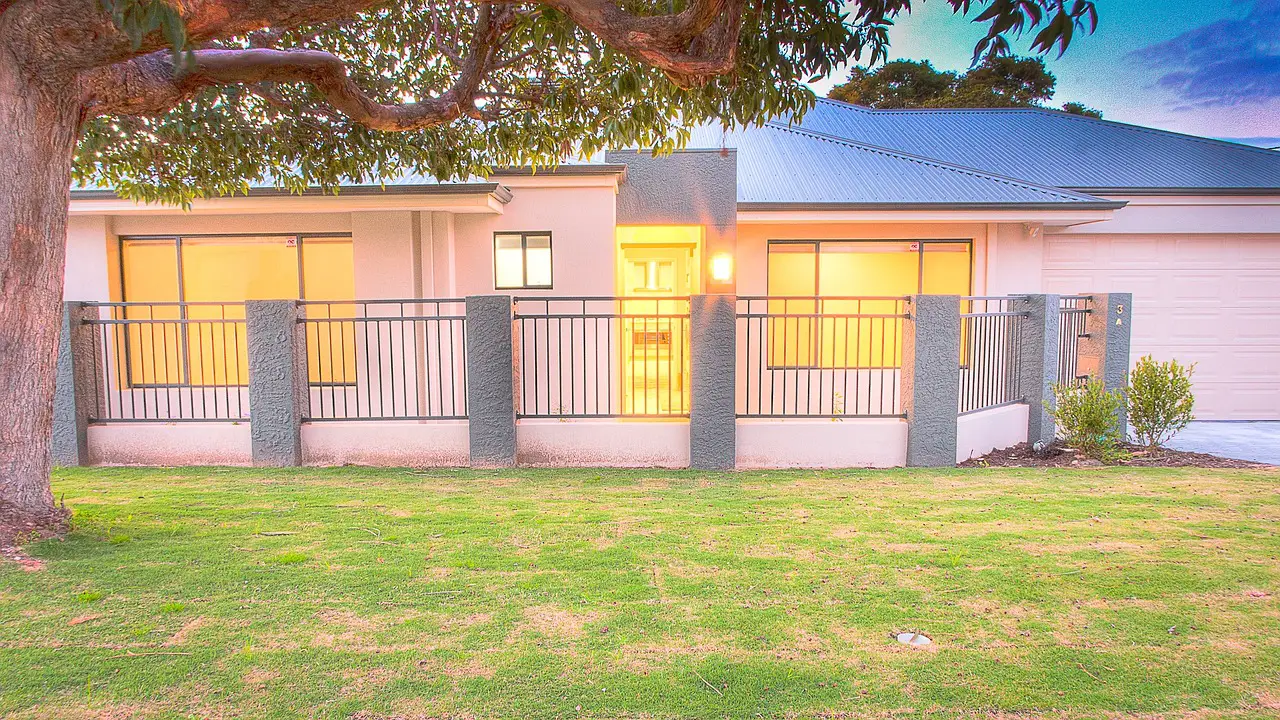How to Buy a Million-Dollar Commercial Property?
Researching the Market
Before purchasing a commercial property, you must conduct thorough research to ensure you’re making a sound investment.
Start by identifying the right location for your investment, considering population growth, job growth, and economic stability.
Analyzing market trends and demographics can help determine the demand for commercial property in a particular area.
Once you’ve identified the right location, it’s time to look for the right property.
Consider factors such as the size of the property, its condition, and its growth potential.
Look at properties with a solid rental history and a reasonable occupancy rate.
Financing Your Investment
Financing a million-dollar commercial property can be challenging, but several options are available.
Consider working with a lender or broker specializing in commercial real estate loans.
They can help you explore financing options such as traditional, SBA, and private loans.
When financing your investment, it’s essential to consider the costs associated with the property.
These include property taxes, insurance, and maintenance costs. Ensure you have a solid understanding of these costs before finalizing your financing.
Conducting Due Diligence
Before closing the deal on your commercial property, it’s essential to conduct due diligence.
This includes inspecting the property to ensure it’s in good condition and analyzing its financials to ensure a solid investment.
Investigate any legal matters related to the property, including zoning regulations and property boundary disputes.
Negotiating the Deal
Once you’ve conducted your due diligence, it’s time to make an offer on the property.
Negotiate the purchase terms, including the price, closing costs, and financing terms.
Work with your lender or broker to get the best deal possible.
Managing the Property
After closing the deal on your commercial property, it’s essential to manage it effectively.
Consider hiring a property management company to handle daily rent collection and maintenance operations.
Set rent rates and lease terms that are competitive and attractive to tenants.
What are some common mistakes to avoid when buying commercial property?
Here are some common mistakes to avoid when buying commercial property:
Not doing proper due diligence. Ensure you thoroughly research the property, tenants, financials, zoning, market, title, permits, etc. Skip this at your peril.
Overpaying. Get comparable market analyses to determine fair market value and ensure you don’t overpay. If the deal seems too good to be true, it probably is.
You are not factoring in all costs. Consider closing costs, financing fees, tenant improvements, maintenance, property management, commissions, insurance, taxes, capital expenditures, and vacancy periods.
I am not planning for cash flow. Make sure the rental income will cover all your costs and expenses and provide a reasonable return on your investment. Have a plan for covering any shortfalls.
They are relying on current tenants. Do not assume existing tenants will stay indefinitely. Plan for tenants leaving when their leases expire and for periods of vacancy between leases.
I am not getting the right financing. Compare loan options from multiple lenders to ensure you get the best rates and terms for a commercial mortgage. Consider seller financing too.
I was getting emotional. Stay rational and objective when evaluating commercial property deals. Emotions can cloud your judgment and lead you to make mistakes.
You are not hiring the right professionals. It’s critical to have experienced professionals, like commercial agents, attorneys, inspectors, and accountants, to guide you through the process.
You do not have an exit strategy. Think about how you will eventually sell the property or refinance the loan. Plan for the long term to maximize your returns.
How can I find a reliable commercial real estate inspector?
Here are some tips for finding a reliable commercial real estate inspector:
• Ask your real estate agent and lender for recommendations. They work with inspectors frequently and can vouch for their quality of work.
• Check with the local chamber of commerce or business groups. Other business owners may be able to recommend inspectors they’ve used successfully.
• Contact multiple inspectors and get estimates. Get at least 3-5 estimates to compare costs and credentials.
• Check if the inspector has proper licensing and insurance. Ask to see their license, certification, and insurance documentation.
• Look for inspectors with commercial real estate experience. An inspector who mainly does residential may miss issues specific to commercial properties.
• Ask about the inspector’s experience and credentials. They should have relevant certifications and several years of experience inspecting commercial properties.
• Check reviews online. Look up the inspector on Google, Yelp, and other review sites to see what past clients say about their work and professionalism.
• Request references. A trustworthy inspector should have no problem providing you with several client references you can contact to verify their work quality.
• Find an inspector that specializes in the property type you’re buying. Not all inspectors inspect industrial, retail, or office buildings equally well.
Can You Buy Property in Mexico as an Us Citizen?
FAQs
What are the benefits of investing in commercial property?
Investing in commercial property can provide a stable source of income through rental income and can appreciate over time.
Commercial property can provide tax benefits through depreciation deductions.
What are the financing options available for a million-dollar commercial property?
Financing options for a million-dollar commercial property include traditional, SBA, and private loans.
Working with a lender or broker specializing in commercial real estate loans is essential to explore your options.
What should I look for when inspecting a commercial property?
When inspecting a commercial property, look for signs of wear and tear, structural issues, and potential hazards.
Consider how the property’s layout and features might affect its rental value.
How can I ensure that I’m making a sound investment?
Conduct thorough research, including analyzing market trends and demographics, inspecting the property, and analyzing its financials.
Work with professionals such as lenders, brokers, and property managers to ensure you’re making an intelligent investment.
What are some common mistakes to avoid when investing in commercial property?
Common mistakes to avoid when investing in commercial property include overpaying for a property, failing to conduct due diligence, and not effectively managing the property after purchase.
It’s essential to have a solid understanding of the property’s costs and work with professionals throughout the process.
Conclusion
Investing in a million-dollar commercial property can be profitable with the right approach.
Conduct thorough research, secure financing, conduct due diligence, negotiate the deal and effectively manage the property to ensure a successful investment.














